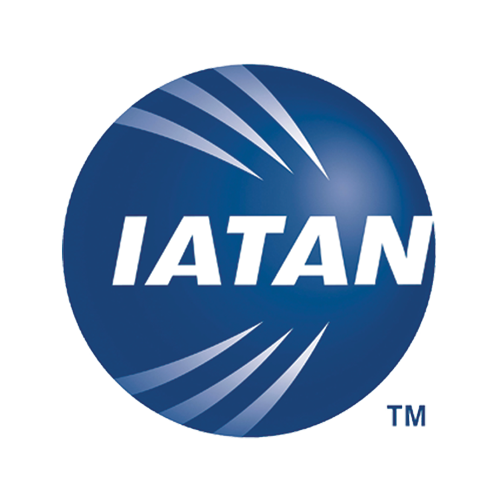There is a “new normal” in corporate travel demand

There is a “new normal” – and there is “no normal” in corporate travel demand. What global mobility professionals, human resources business partners and corporate travelers have come to recognize in this post-pandemic landscape is that flexibility with efficiency, cost controls and corporate culture are affecting change in travel policy, and one size does not fit all.
The broad adoption of hybrid and remote work models across almost all industry sectors has forced managers to more carefully qualify travel purpose, mode, costs and supplier options. Identifying best practice can mean connecting with peer professionals to assess and compare protocols and to ultimately create the global mobility and business travel programs that will support each enterprise’s values and unique objectives for growth, profitability and employee engagement.
Travel demand then has morphed into an erratic sequence of weekly, monthly, quarterly, semi-annual initiations – depending on the ebb and flow of client business cycles and corporate talent attraction and attrition. Human Resource Business Partners must be acutely aware of the requirements of their internal clients – anticipating recruitment, on-boarding, training and project assignments or relocations and working closely with travel management partners, to facilitate solutions to service the immediate or projected need. Next is the expectation to convert that talent pipeline to satisfy gaps in workforce that may adversely affect productivity and outcomes. What was once a more seasonal, predictable series of action and reaction has become a truly delicate dance of balance, creativity and flexibility.
More travel projected in 2024
Business Travel News (BTN) recently reported that Accor Chairman & CEO, Sebastien Bazin, retracted his 2022 projection that corporate travel would lose 25% of its volume, permanently, due to the adoption of robust virtual and remote work solutions. What he is now forecasting is an 8% growth in 2024, with a different blend of travel: more regional, smaller group and hybrid – live and virtual – engagements.
Supporting this premise, the Global Business Travel Association has indicated that nearly 60% of travel buyers they surveyed expect more travel in 2024,but not without the challenges of rising travel costs, global economic uncertainties, diminished corporate budgets and climate-related and geopolitical travel disruptions. almost half of travel buyers say the adoption of remote and hybrid workplace models has prompted them to revamp their employee travel policies and programs.
A recent Harvard Analytic Review Services study, conducted with American Express Global Business Travel (AmexGBT), reflected that more than half the 400 respondents they polled felt that business travel was key to ensuring successful collaborative workgroups, employee development and resultant client satisfaction.
So what is the travel professional to do with this ever-evolving travel terra? How can the demands of the business, impacted by such uncertainty, be best served – while supporting a workforce that is here, there, and everywhere?
Most agree that the most effective approach begins with a more flexible, but no less strategic, travel program framework.

Temporary furnished housing featured in strategic travel programs
Goldspring Consulting’s Travel Program Strategy has outlined six significant aspects of any well-developed Travel Program to include 3 C’s and 3 E’s: Cost Controls, Compliance, Care (Duty of) – and Efficiency, ESG and Employee Experience.
In today’s Waypoints Newsletter, we address the 3 C’s. Please look for a review of the 3 E’s in our next edition!
- Cost Controls – Unlike hotel inventory, which is priced via yield management software and will fluctuate daily – a temporary furnished housing solution is based on a static daily or nightly rate. This affords the travel manager or project manager the ability to estimate costs and retain control of spend. The ability then to forecast this aspect of any initiative ensures margins are protected and corporate objectives for profitability may be supported.
- Compliance– With established business rules to guide accommodation options, locations, amenities and pricing, the temporary housing provider helps its clients ensure travelers follow a consistent process that will allow reporting to meet various business objectives.
- Duty of Care – Curated temporary furnished housing solutions ensure that the traveler may rely on a consistent experience that meets requirements for convenience, comfort and incorporates a measure of safety because the provider is a recognized partner with established standards of service. This is risk management practice that cannot be overlooked.
What trends are you noting in your markets? Our Interim Homes team is curious to know so please reach out to share your feedback, insights and recommendations for further topics of discussion!
SALES@Interimhomes.com 1-877-240-0703






